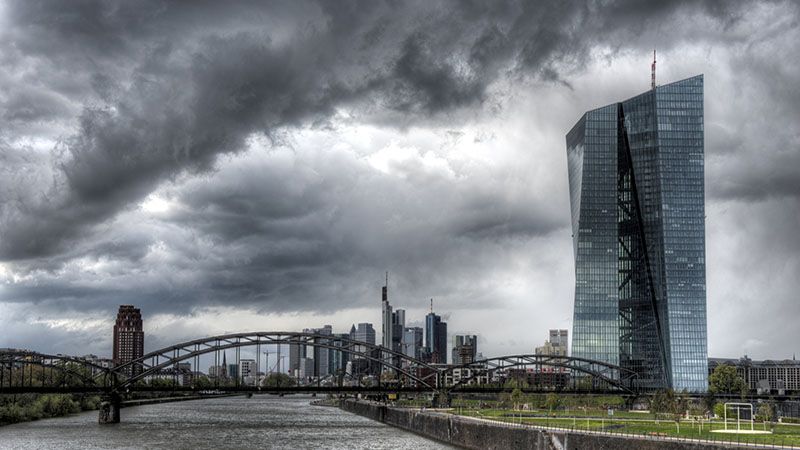The European Investment Bank’s (EIB) latest survey of investors across the continent has indicated a growing pessimism across the European Union (EU) arising from a tightening economic backdrop.
According to the EIB Investment Survey 2024: European Union Overview, the overall picture of investment across the bloc is one that remains ‘mixed’. The authors of the report also noted that there remained a marked decline in the investment appetite of firms.
Notably, there was a marked decrease in appetite for increased investment. The EIB wrote that the share of those expecting to invest more rather than less has halved since last year, falling from 14% to 7%.
The authors wrote: “Overall, EU firms have a negative outlook on the political and regulatory environment and the overall economic climate, with more firms expecting a deterioration than an improvement in the next 12 months. EU firms see mild improvements – in net terms – in business prospects within their own sectors and in the availability of internal finance, although these improvements are less visible than in the United States. The outlook for access to external finance remains only very slightly positive in net terms, similar to the US.”
See also: HSBC: Unclear European industrial policy is hampering investment
In addition, the EIB said while many firms are happy with their overall level of investment, there remained 14% who said there were investment gaps. European firms, additionally, are supposed to prefer replacement investments over capacity expansions. Some 37% of investments, respondents said, were devoted to intangible assets, with a lesser focus than their US counterparts on areas such as land, buildings, and infrastructure.
There was also worrying context about the darkened mood across Europe, particularly around Russia’s war of aggression against Ukraine. Notably, the research for this was done prior to the recent escalation that now sees US-made missiles strike targets far inside Russia.
The EIB wrote: “Economic security and resilience of supply chains have become crucial priorities for EU firms. With strong integration into global trade (either with other firms inside the EU or outside the EU), particularly among manufacturing and large firms, EU firms are concerned about growing geopolitical risks and trade tensions. In 2024, concerns about supply chain disruptions eased in both the EU and the US. Disruptions of logistics and transport and compliance with new regulations, standards and certifications are the key trade-related challenges for US and EU firms.”
It was also noted by the EIB that concerns over regulation did not improve substantially between 2023 and 2024.
It added: “A closer look at regulatory issues and the functioning of the EU single market reveals new insights into its fragmentation. Firms were asked whether their key product is subject to differing regulatory requirements and standards (such as consumer protection, health and safety standards, environmental standards for products, etc.) across EU countries. A majority (60%) of EU exporters report that they have to comply with different standards and consumer protection rules from one Member State to another.”







